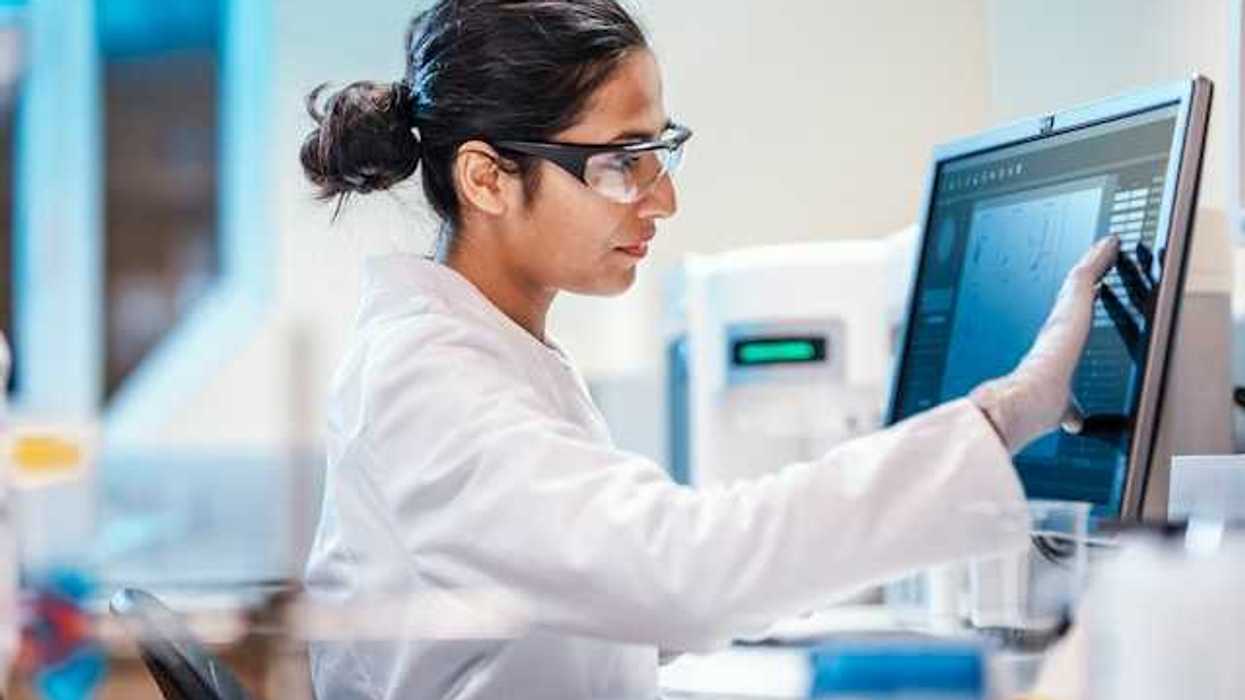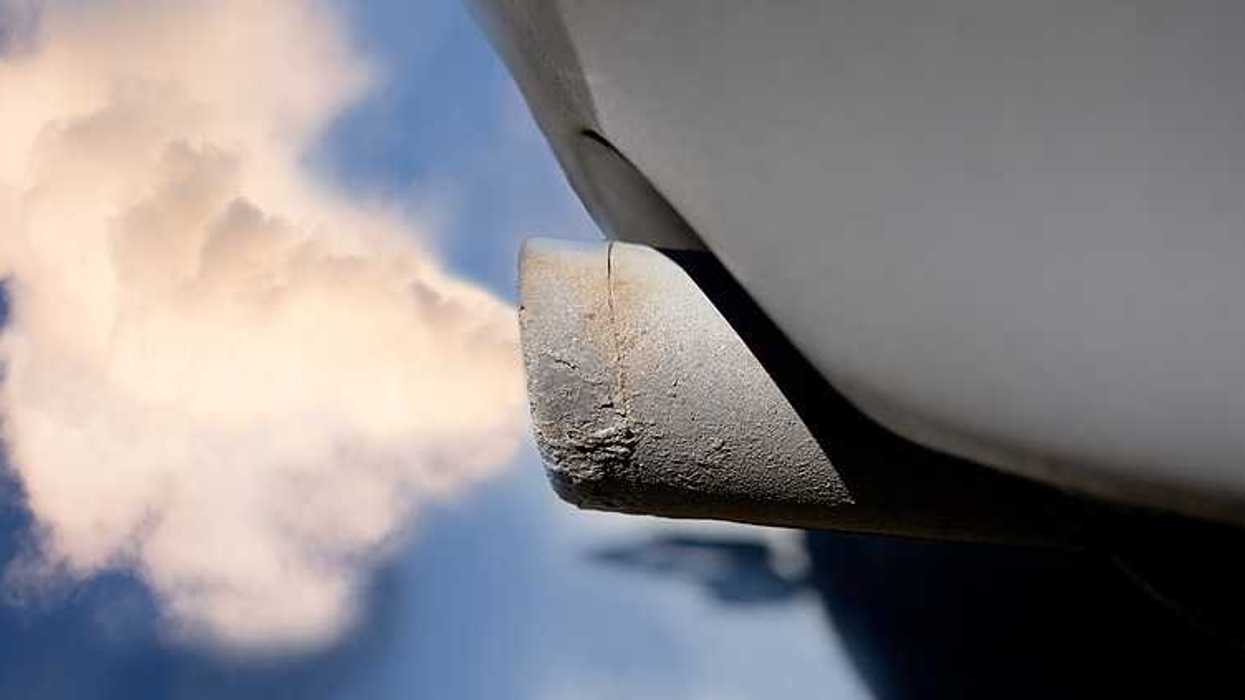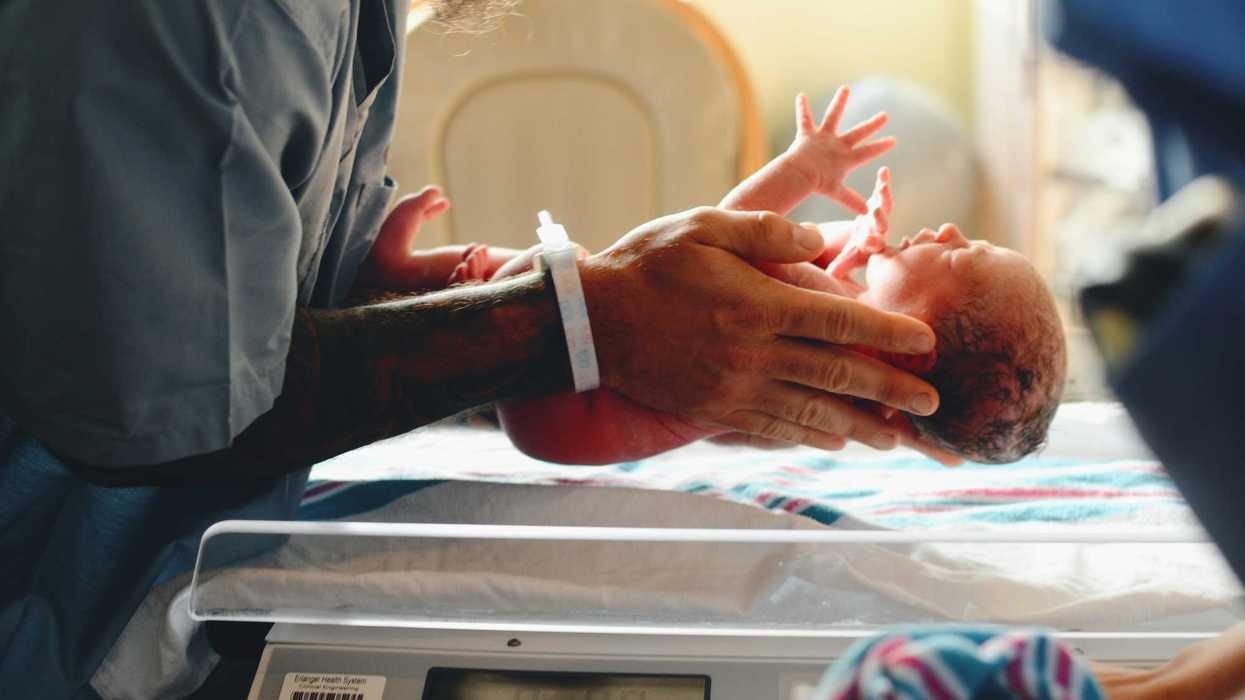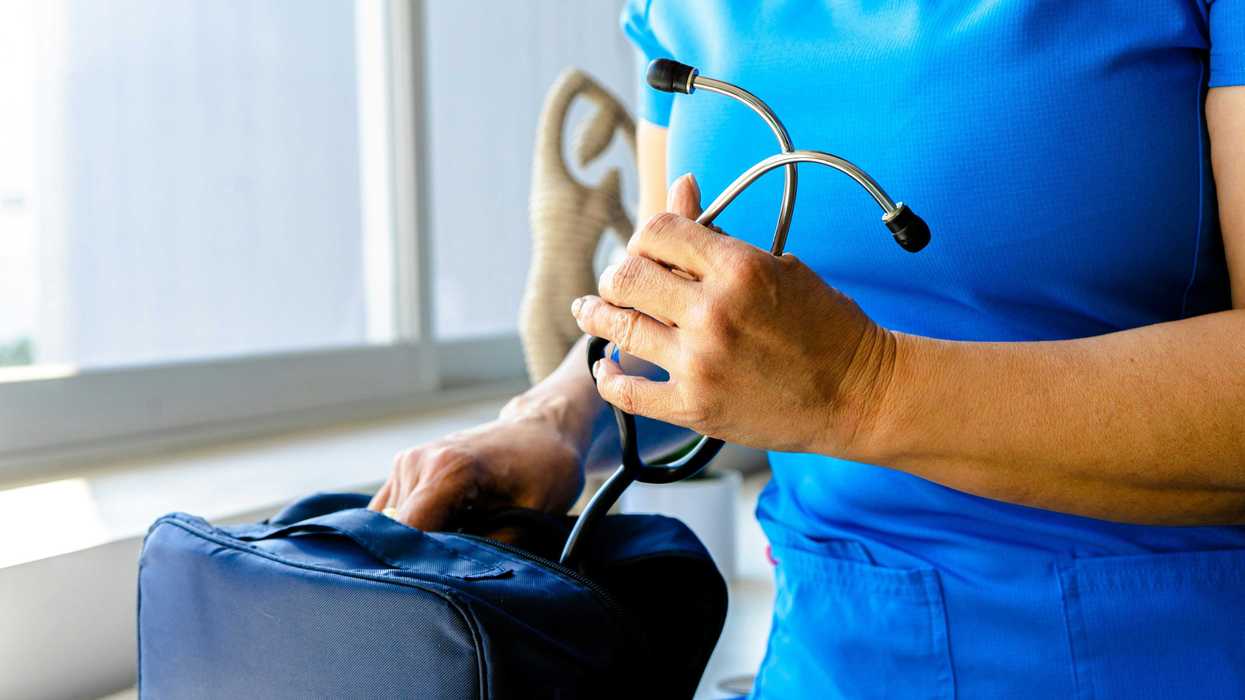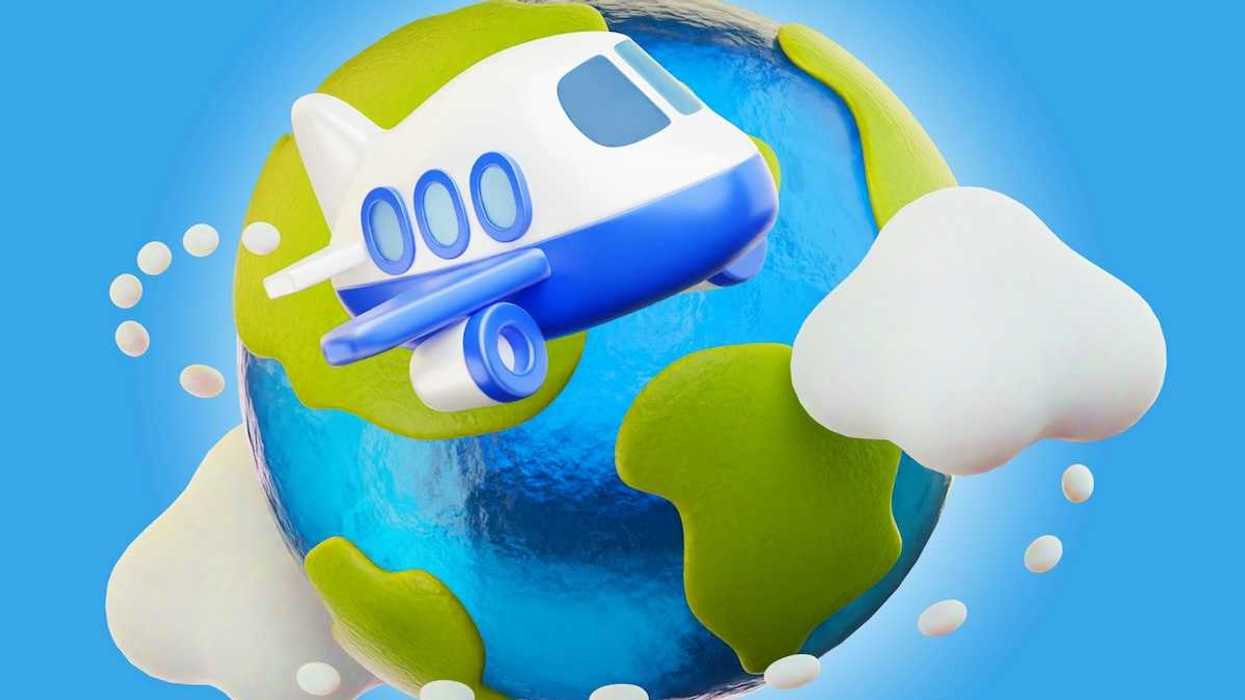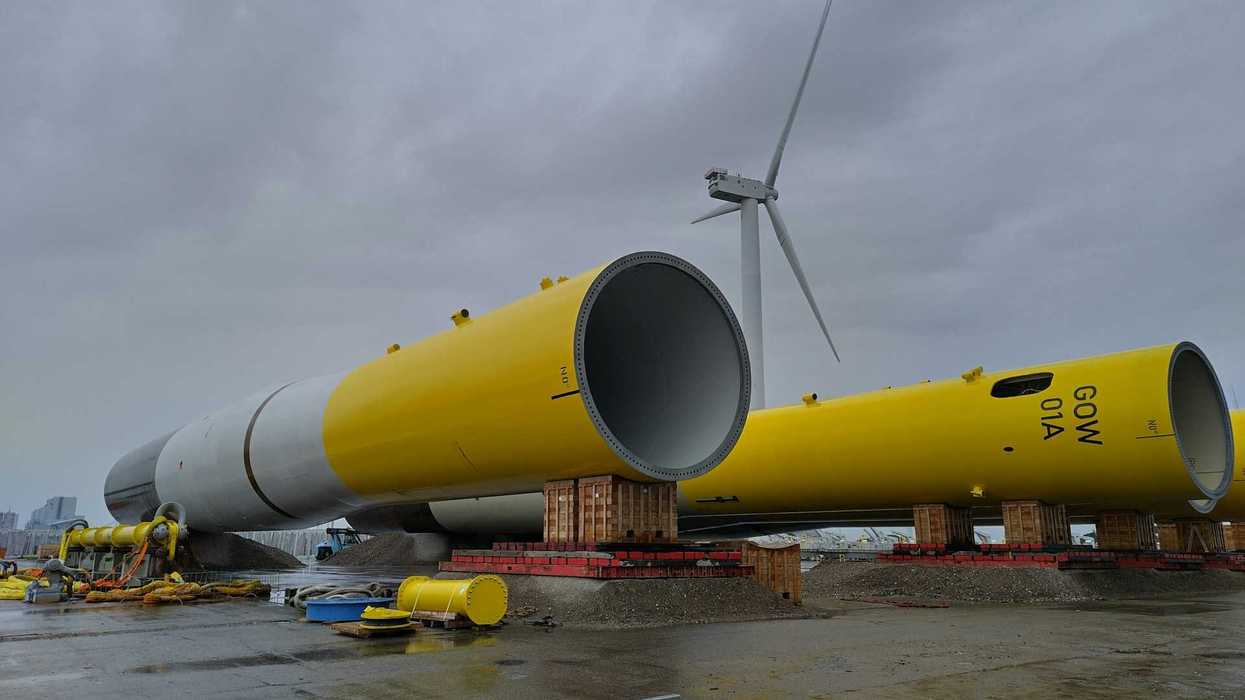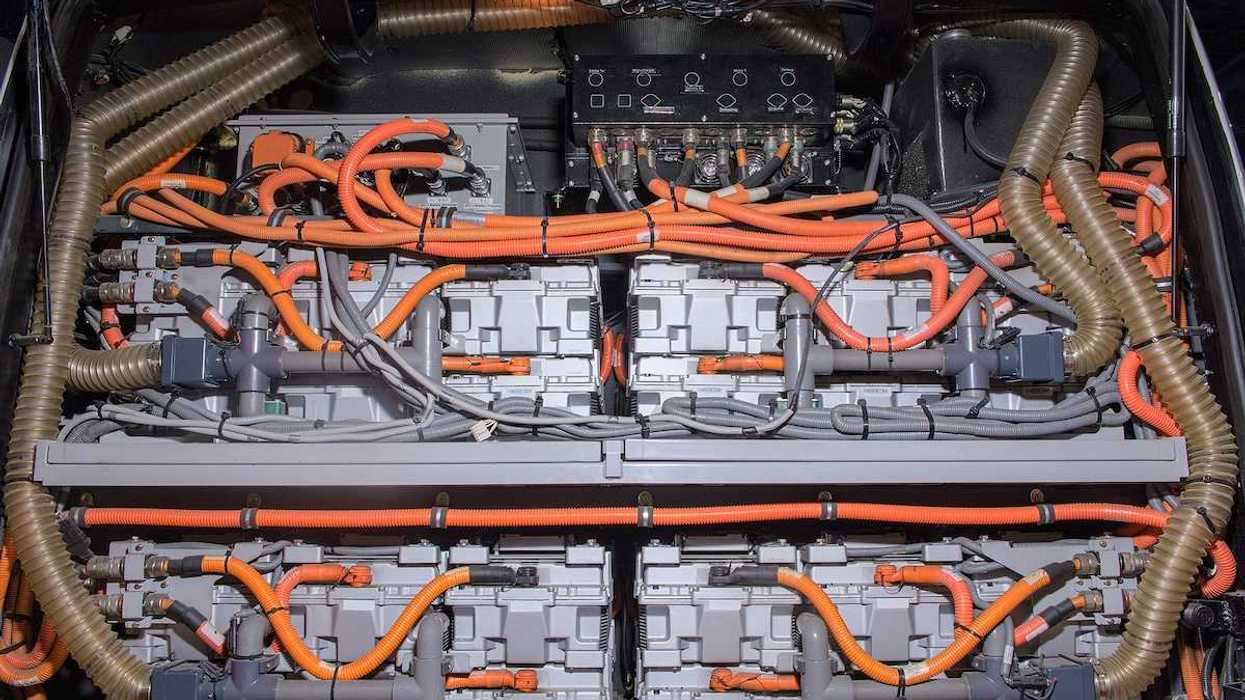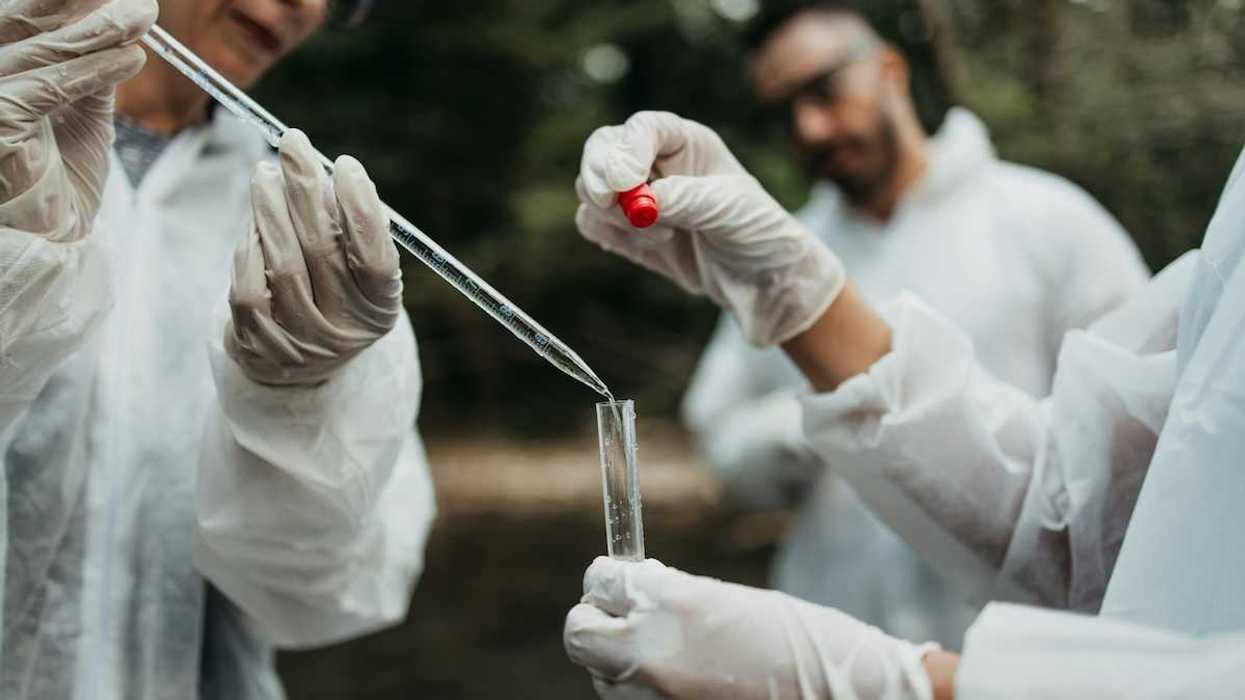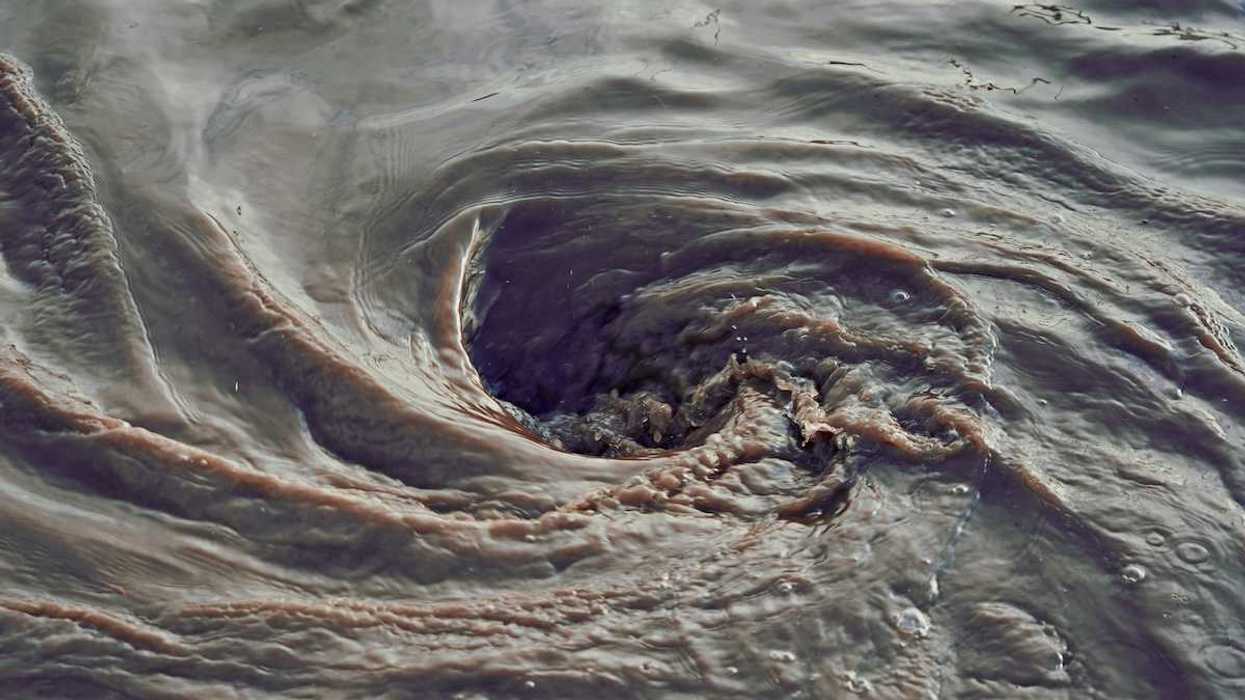As airports face growing concerns over waste, several are stepping up their sustainability efforts, from food waste reduction to cutting out plastic and even recycling cigarette butts to keep them from entering the waste stream.
Liza Weisstuch and Hannah Good report for The Washington Post.
In short:
- San Francisco International aims to become the world’s first zero-carbon, zero-waste airport with initiatives like food donations and a plastics ban.
- Portland International is rolling out a Green Plate Program with reusable dishware, expanding airport-wide after its trial run.
- Newark Liberty and other airports are starting to recycle cigarette butts, a significant environmental concern because their toxic components often end up in waterways and the ocean.
Key quote:
"Airports are a breeding ground for cigarette litter."
— Ernie Simpson, global VP and chief scientist, TerraCycle
Why this matters:
With growing pressure to reduce waste and environmental impact, many airports are turning to innovative solutions that not only aim to clean up their act but also shift how we think about travel. These efforts are focused on shifting the entire travel experience toward a healthier, more environmentally conscious future. Though much more remains to be done, these projects offer potential if replicated more broadly.
Read more: Protecting California’s children and communities from leaded aviation fuel pollution




